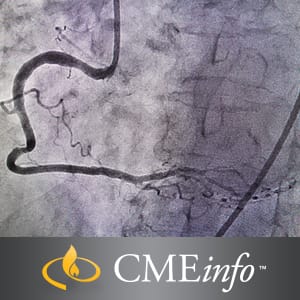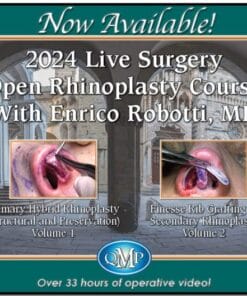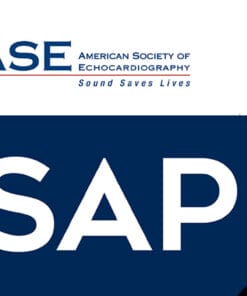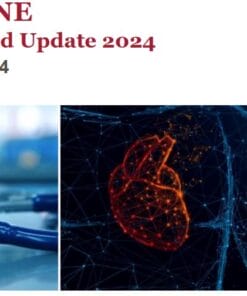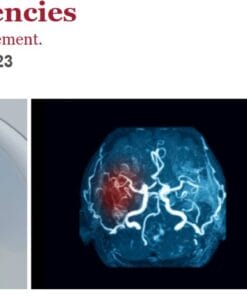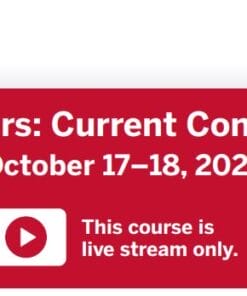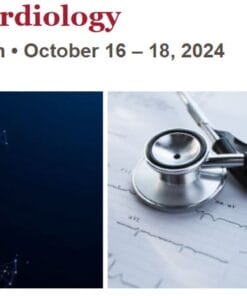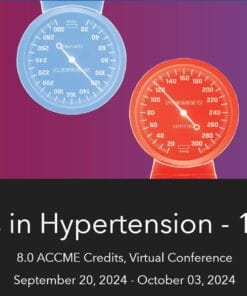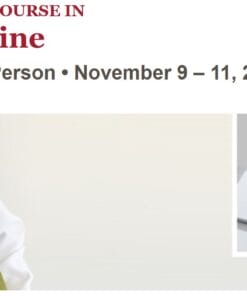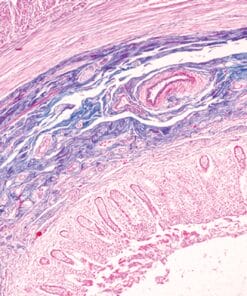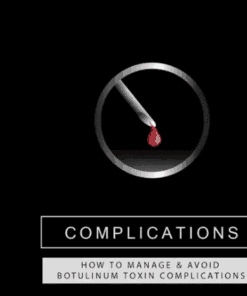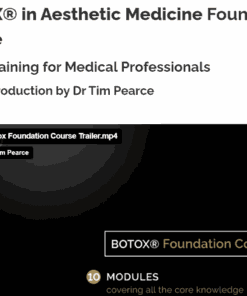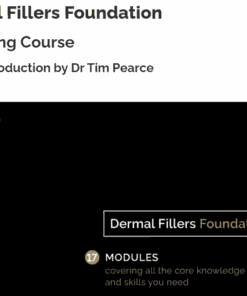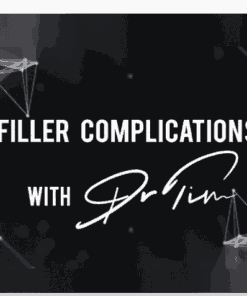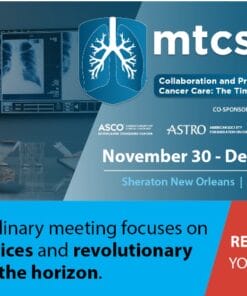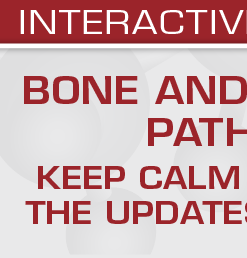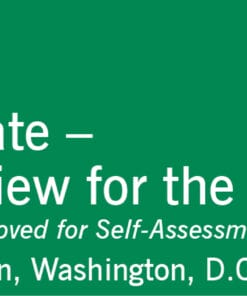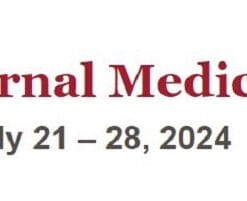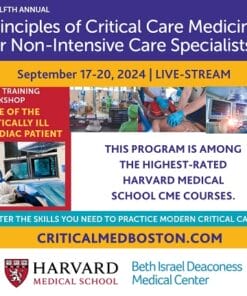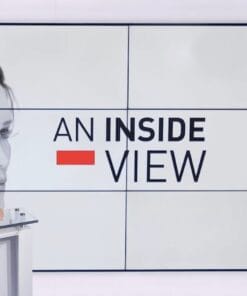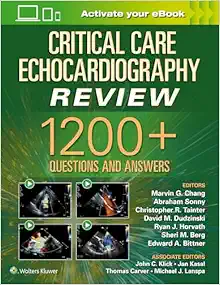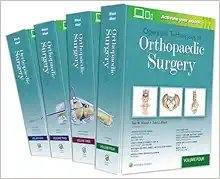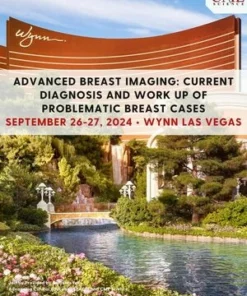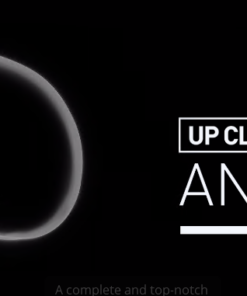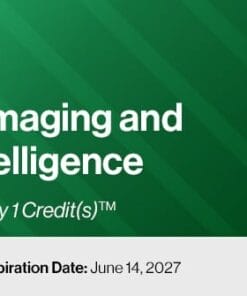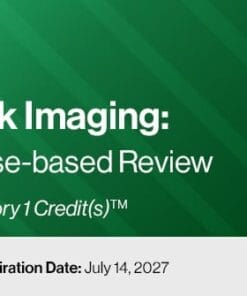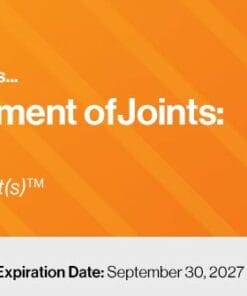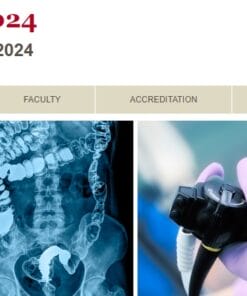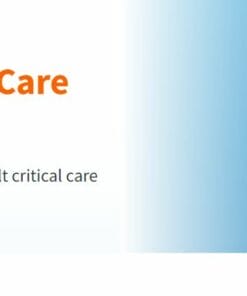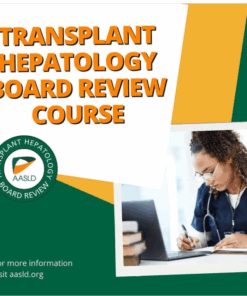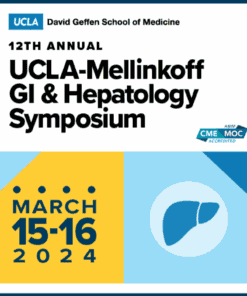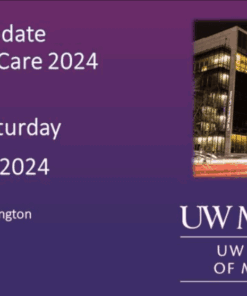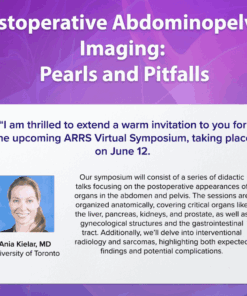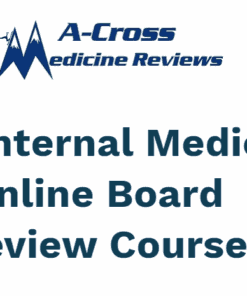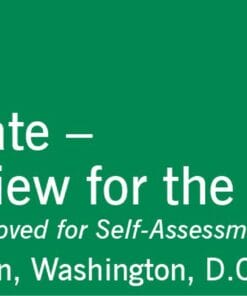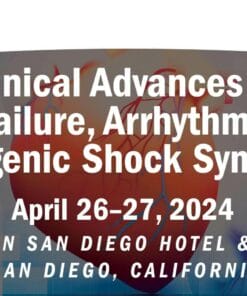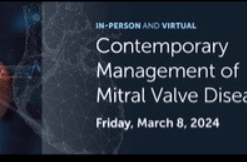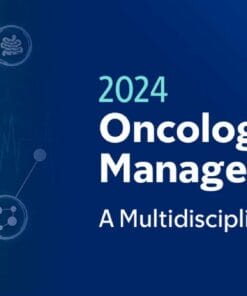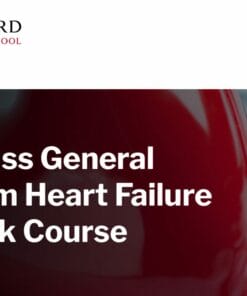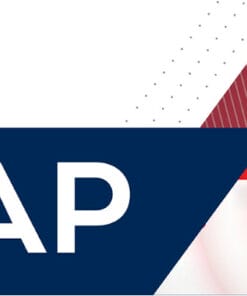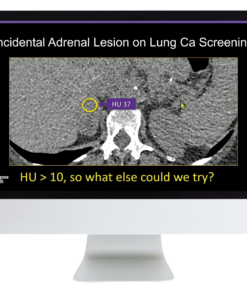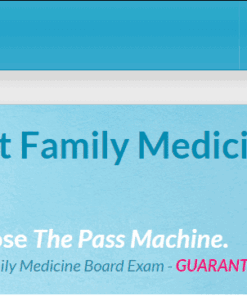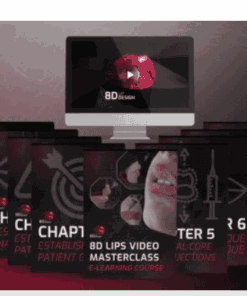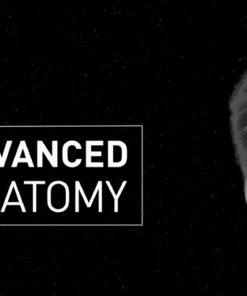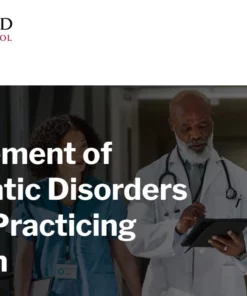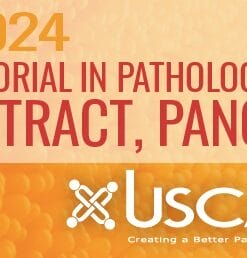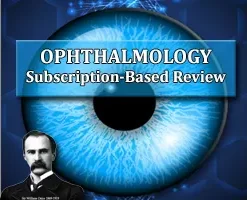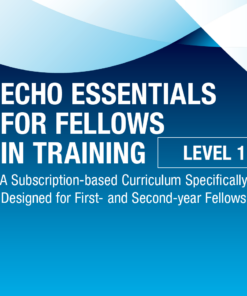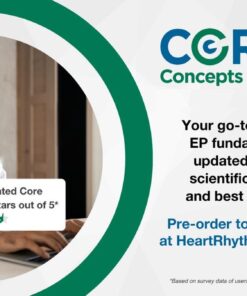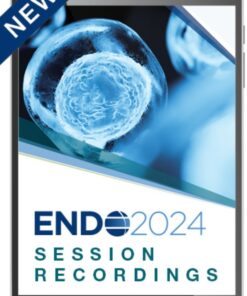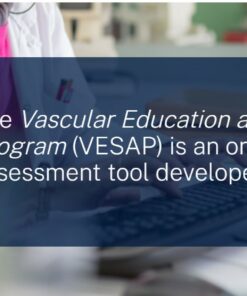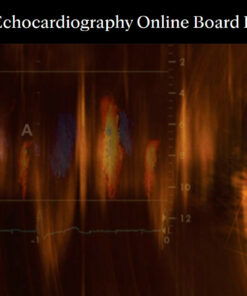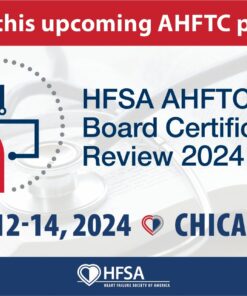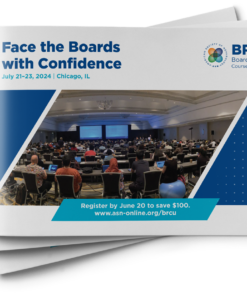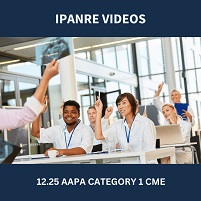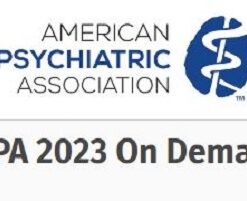UCSF Interventional Radiology Review
University of California San Francisco Clinical Update (SA-CME)
Stay current with the latest advancements in interventional radiology with this comprehensive review from the experts at UCSF.
Explore Key Topics
This CME program is a comprehensive review of significant topics in interventional radiology, and focuses on body interventions rather than neuro interventions. UCSF Interventional Radiology Review includes case-based lectures on topics like aortic aneurysms, arterial interventions, IVC filters, vascular disease classification and will help you to:
- Become familiar with the latest interventional radiology techniques, their indications and contraindications
- Identify the potentials and complications of new interventional radiology techniques for specific indications
- Accurately utilize imaging techniques like CTA, MRA and non-invasive arterial assessment into your daily practice
- Distinguish between different devices used for percutaneous ablation of liver and kidney lesions
Topics/Speakers
- Percutaneous Ablation: Bone – Matthew D. Bucknor, MD
- Neuro Spine Interventions – Cynthia T. Chin, MD
- Endovascular Repair of Aortic Aneurysms – Timothy A.M. Chuter, MD
- Bronchial Artery Embolization – Miles B. Conrad, MD
- Pulmonary Artery Interventions – Miles B. Conrad, MD
- Chemoembolization – Nicholas Fidelman, MD
- Radioembolization – Nicholas Fidelman, MD
- Selection of Liver-Directed Therapy for HCC – Nicholas Fidelman, MD
- Radiation Safety in IR – Robert G. Gould, ScD
- Stroke Interventions – Steven W. Hetts, MD
- Vertebroplasty and Kyphoplasty – Steven W. Hetts, MD
- Abscess Drainage – Robert K. Kerlan Jr., MD
- Biliary Tract – Robert K. Kerlan Jr., MD
- Lymphatic Interventions – Robert K. Kerlan Jr., MD
- Portal Venous Unknowns – Robert K. Kerlan Jr., MD
- Arterial Unknowns – Ryan Kohlbrenner, MD
- Systemic Venous Unknowns – Ryan Kohlbrenner, MD
- Breast Interventions – Maureen P. Kohi, MD
- Management of Uterine Fibroids – Maureen P. Kohi, MD
- Post-partum Bleeding – Maureen P. Kohi, MD
- Varicose Vein Management – Maureen P. Kohi, MD
- Aortic Aneurysms – K. Pallav Kolli, MD
- Percutaneous Ablation: Liver – K. Pallav Kolli, MD
- Percutaneous Ablation: Lung – K. Pallav Kolli, MD
- Systemic Venous Interventions – K. Pallav Kolli, MD
- Venous Interventions: Unknowns – K. Pallav Kolli, MD
- Enteric Interventions – Vishal Kumar, MD, PhD
- Management of Malignant Effusions – Vishal Kumar, MD
- Percutaneous Biopsy – Jeanne M. LaBerge, MD
- Portal Venous Hypertension – Jeanne M. LaBerge, MD
- TIPS and Portal Venous Interventions – Jeanne M. LaBerge, MD
- Vascular Disease Classification – Jeanne M. LaBerge, MD
- Computed Tomographic Angiography – Evan D. Lehrman, MD
- Management of Endoleaks – Evan D. Lehrman, MD
- Venous Access – Evan D. Lehrman, MD
- Embolization in Trauma – Sujal Nanavati, MD
- Gastrointestinal Bleeding – Rajiv Sawhney, MD
- Arterial Interventions – Unknowns Set 1 – Richard R. Saxon, MD, FSIR
- Arterial Interventions – Unknowns Set 2 – Richard R. Saxon, MD, FSIR
- Peripheral PTA and Stents – Richard R. Saxon, MD, FSIR
- IVC Filters – Andrew G. Taylor, MD, PhD
- Percutaneous Ablation: Kidney – Andrew G. Taylor, MD, PhD
- Urinary Tract – Andrew G. Taylor, MD, PhD
- Dialysis Interventions – Mark W. Wilson, MD
- Magnetic Resonance Angiography – Mark W. Wilson, MD
- Non-Invasive Peripheral Vascular Exam – Mark W. Wilson, MD
Learning Objectives
After viewing this activity, participants will demonstrate the ability to:
- Describe the contemporary methods of vascular recanalization, and be familiar with the common devices for endoluminal therapies with the indications for their use and associated complications
- Recommend percutaneous methods of lower extremity therapy for varicose veins
- Select and use the appropriate embolic agents for treating hemorrhage secondary to trauma and gastrointestinal bleeding
- Recognize indications for percutaneous nephrostomy, percutaneous abscess drainage and percutaneous biliary drainage, and the techniques used
- Evaluate contraindications to percutaneous biopsy
- Distinguish between different devices used for percutaneous ablation of liver and kidney lesions
- Recommend the use of and contraindications to hepatic arterial chemoembolization and Y90 radioembolization
- Utilize appropriate imaging techniques such as CTA, MRA, and non-invasive arterial assessment
Intended Audience
The activity was planned for radiologists actively practicing interventional radiology, and newly qualified interventional radiologists wanting to compare their knowledge and training with UCSF experts. The course is focused primarily on body IR, rather than neuroradiological interventions.
Series Expiration: December 15, 2019




